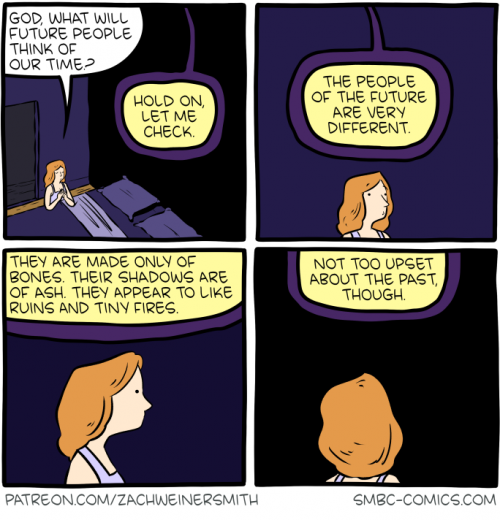There is a huckster named Skyler Chan who is raising money from the tech bros in Silicon Valley to build a chain of hotels…on the moon. He has ambitious plans.
Those first two steps are just tests, delivering expandable modules to the moon. However, he is talking about building a habitat on the moon in six years, with even more extravagant plans for the future.
I’m sorry, but this is fucking insane. It’s just a grift to suck money out of techno-optimists who are already unmoored from reality. So why is Ars Technica posting an optimistic review of the idea? It’s not April First.
It sounds crazy, doesn’t it? After all, GRU Space had, as of late December when I spoke to founder Skyler Chan, a single full-time employee aside from himself. And Chan, in fact, only recently graduated from the University of California, Berkeley.
All of this could therefore be dismissed as a lark. But I must say that I am a sucker for these kinds of stories. Chan is perfectly earnest about all of this. And despite all of the talk about lunar resources, my belief is that the surest long-term commercial activity on the Moon will be lunar tourism—it would be an amazing destination.
So when I interviewed Chan, I did so with an open mind.
If you’re a sucker for these kinds of stories, you shouldn’t be writing them. Has Ars Technica no editors?
To think that lunar tourism is a hot prospect for the commercial development of the moon is ludicrous. Why would anyone want to go there like it’s a trip to Bali? Popular tourist destinations here on Earth tend to require a large support staff — there are deep infrastructure demands that you don’t see on the vacation brochures, like the small non-luxury houses of the staff, and the buses to transport them to your glamorous accommodations, and an extensive supply source for the gourmet meals. Who builds the more elaborate structure on the right? Why does it look like it has huge glass windows?
Also unreal: he explains that space travel is currently supported on two economic legs, government funding and the largesse of billionaires. He thinks he can provide a third leg by building tourist hotels that will cost people a half-million dollars per night, not including travel expenses. Who’s going to stay there? Your average middle-class college professor?
There is something wrong with people who look at the white paper put out by the promoter and think it is a serious document. I mean, this is their “master plan”.
- Build the first hotel on the Moon. GRU solves off-world surface habitations.
- Build America’s first Moon base (roads, mass drivers, warehouses, physical infrastructure on the Moon).
- Repeat on Mars.
- Once the Overton window increases and this moves from non-consensus to consensus, GRU owns property on the Moon and Mars (i.e., The Hudson’s Bay Company owning Rupert’s Land).
- Use the money to re-invest in resource utilization systems on the Moon, Mars, asteroids, and beyond that are fed into the growing economies and civilizations in space. Reach our final form — Galactic Resource Utilization.
- Humanity reaches Kardashev scale Type III.
Put the comic books away, kid. That’s fantasy from step 1. But hey, Ars Technica promoted it, so that’ll help con some dim-witted venture capitalist out of some cash, which will allow Skyler Chan to live the high life for a while until reality pops his bubble.
You will not be surprised to learn that Chan graduated from college in May, 2025, and that he interned at Tesla.
Here’s a fanciful artist’s imagining of the GRU Hotel.
Why does it have big windows directly to the exterior? Why is it warmly lit like a Thomas Kinkade painting? Why is there a conventional door to the outside?
Why would anyone go in or out of that fucking door, Skyler?










